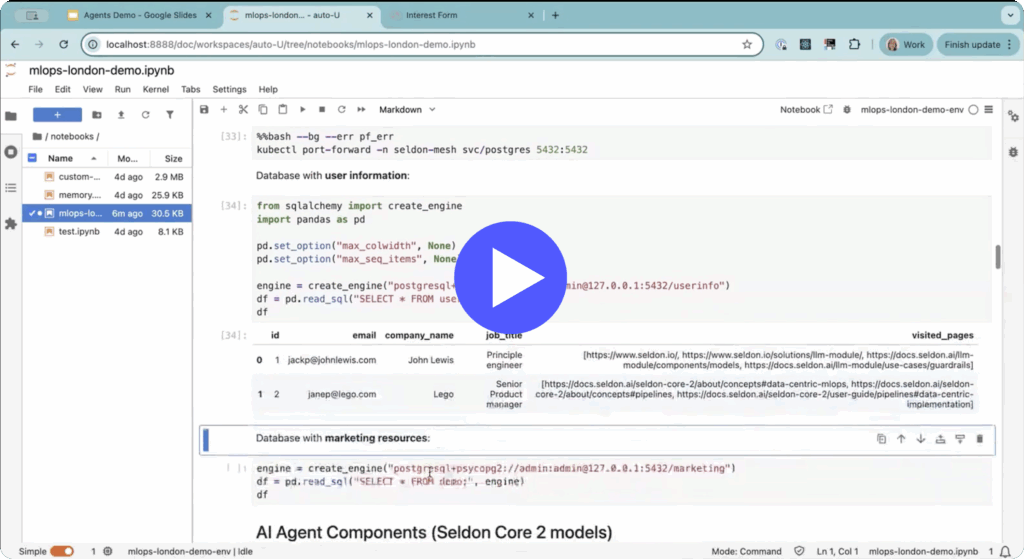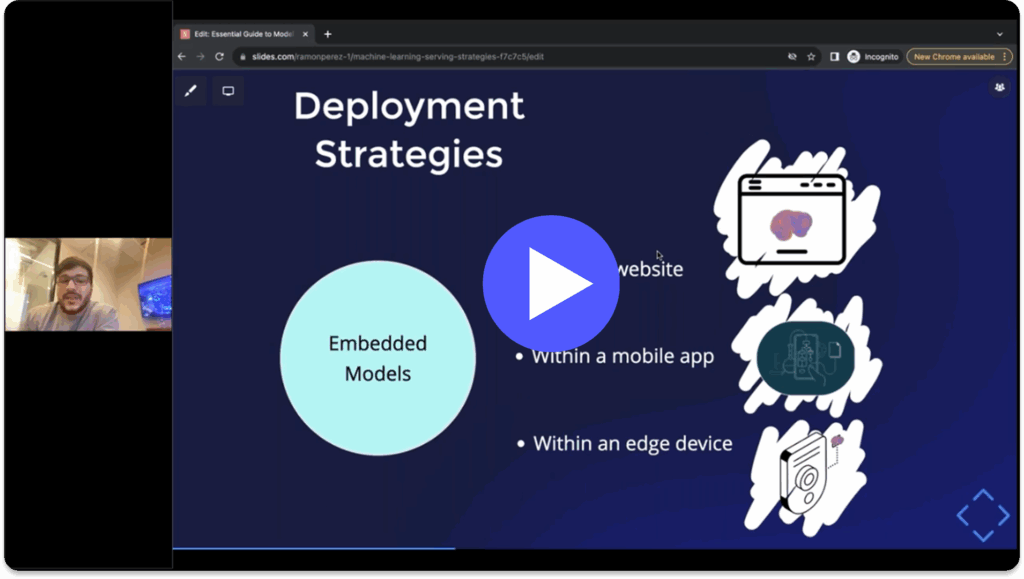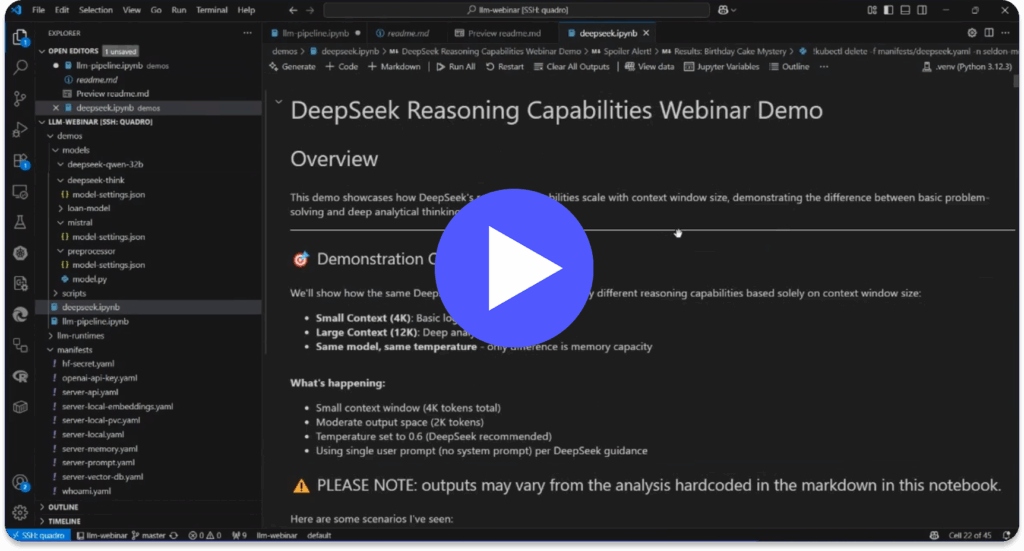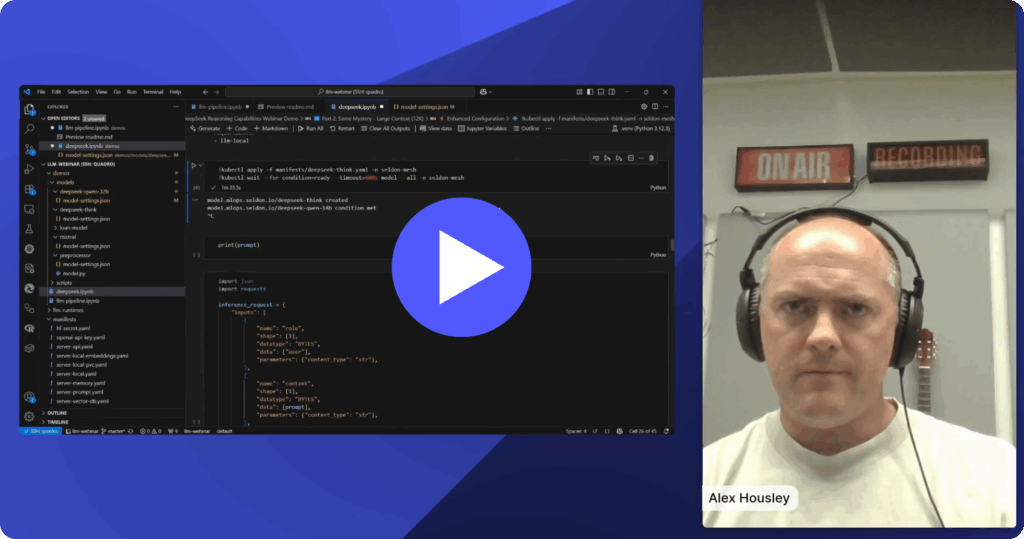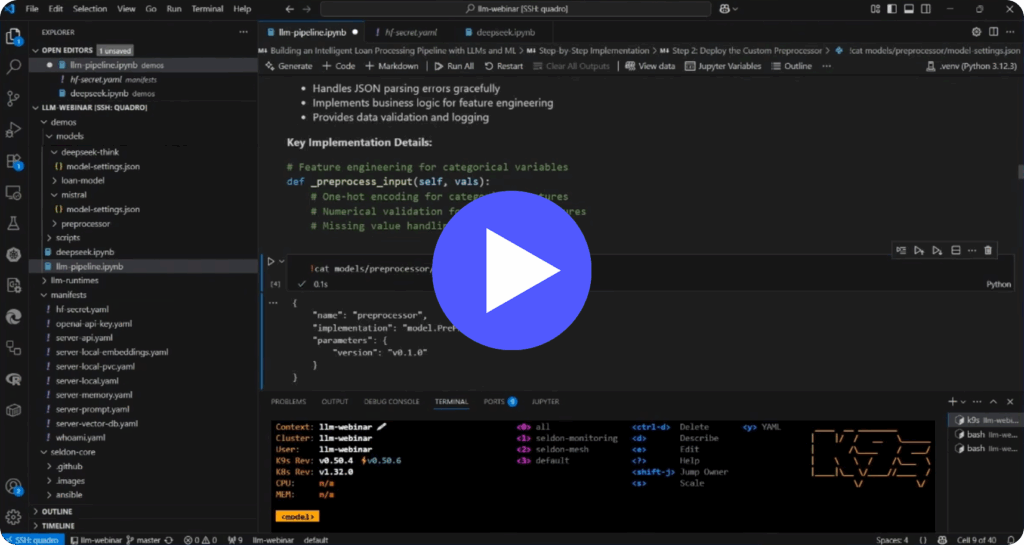The term “MLOps” is a compound of Machine Learning and Operations. It refers to the practice of deploying, managing and monitoring machine learning models in production. It takes best practices from the field of DevOps and utilizes them for the unique challenges that arise running machine learning systems in production.
The term is relatively new and has grown rapidly in usage over the last year and is a direct result of a maturing Machine Learning landscape. As businesses get good at collecting data, designing and training ML models, their focus shifts towards integrating those models into their software estates. This brings all sorts of new challenges around infrastructure, scalability, performance and monitoring that most data science teams are not traditionally equipped to deal with.
One approach is to segregate duties between Data Science and DevOps like so:
- Data Science design, build and evaluate the models
- DevOps deploy, monitor and manage the models
This seems like a good idea at first but we only need to start asking some questions to see where we might struggle:
- When do we retrain a model and deploy a new version?
- What are the expected input/output formats of the model? Do we need to validate them?
- Can the model performance be optimzed by utilizing a GPU?
- How do we allow models to be continually tested?
Answering any of these questions requires knowledge of both the model itself and the complex environment it’s deployed in.
How do you define MLOps?
The reality is that the whole lifecycle of an ML system is tightly coupled and highly iterative in nature. Production ML is hard and requires expertise in Data Engineering, Data Science and DevOps. The umbrella term “MLOps” provides an easy way to refer to the techniques, tools and skilled engineers who inhabit the growing space between these disciplines.
So is MLOps just another buzzword? Absolutely! But for now it’s the best we’ve got and it serves an important purpose.
Take Control of Complexity With Seldon
With over 10 years of experience deploying and monitoring more than 10 million models across diverse use cases and complexities, Seldon is the trusted solution for real-time machine learning deployment. Designed with flexibility, standardization, observability, and optimized cost at its core, Seldon transforms complexity into a strategic advantage.
Seldon will enable your business to deploy anywhere, integrate seamlessly, and innovate without limits. Simplified workflows and repeatable, scalable processes ensure efficiency across all model types, while real-time monitoring and data-centric oversight provide unparalleled control. With a modular design and dynamic scaling, Seldon helps maximize efficiency and reduce infrastructure waste, empowering businesses to deliver impactful AI solutions tailored to their unique needs.
Talk to our team about machine learning solutions today –>


